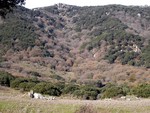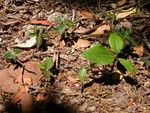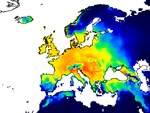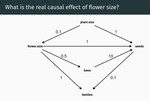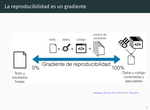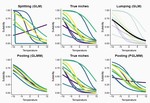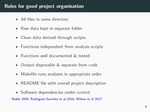Francisco Rodríguez-Sánchez
Associate Professor
Universidad de Sevilla
I am a computational ecologist and biogeographer working at the intersection between ecology, biogeography, statistics and data science.
My main research lines focus on (i) understanding and forecasting changes in the distribution and abundance of organisms (particularly plants) in contexts of environmental/climatic change; (ii) forest dynamics, with a particular focus on the role of microclimates, dispersal and regeneration processes; (iii) the ecology and biogeography of seed dispersal mutualisms between plants and animals; and (iv) developing new quantitative methods and software tools to facilitate reproducible research in ecology and biogeography and promote adaptation to ongoing climate change.
My research spans multiple hierarchical scales: from ecological (years, decades) to geological (million years), from field plots to entire continents, and from individuals to populations, species and communities. It often involves coupling field observations with computational approaches based on big datasets, complex statistical models, and reproducible workflows.
I also teach several statistics and programming courses every year. I am fond of incorporating state-of-the-art data science techniques to deliver top-quality reproducible research. I am founding member and coordinator of the ‘R Users Group’ in Sevilla and the Ecoinformatics working group of the Spanish Terrestrial Ecology Association (AEET), which aims to foster good statistical and programming practice among ecologists.
I lead the Computational Ecology & Global Change group ( MAYBE_lab) at the Department of Plant Biology and Ecology at University of Sevilla (Spain). Please check our website to meet the team and learn more about our work and philosophy.
Interests
- Global Change Ecology
- Biogeography
- Forest Dynamics
- Plant-Animal Mutualisms
- Open & Reproducible Science
- Statistics & Data Science
- R Programming
- Teaching & Active Learning
Education
-
PhD in Ecology, 2010
Universidad de Sevilla
-
MSc in Ecology, 2005
Universidad de Sevilla
-
BSc in Biology, 2001
Universidad de Sevilla


